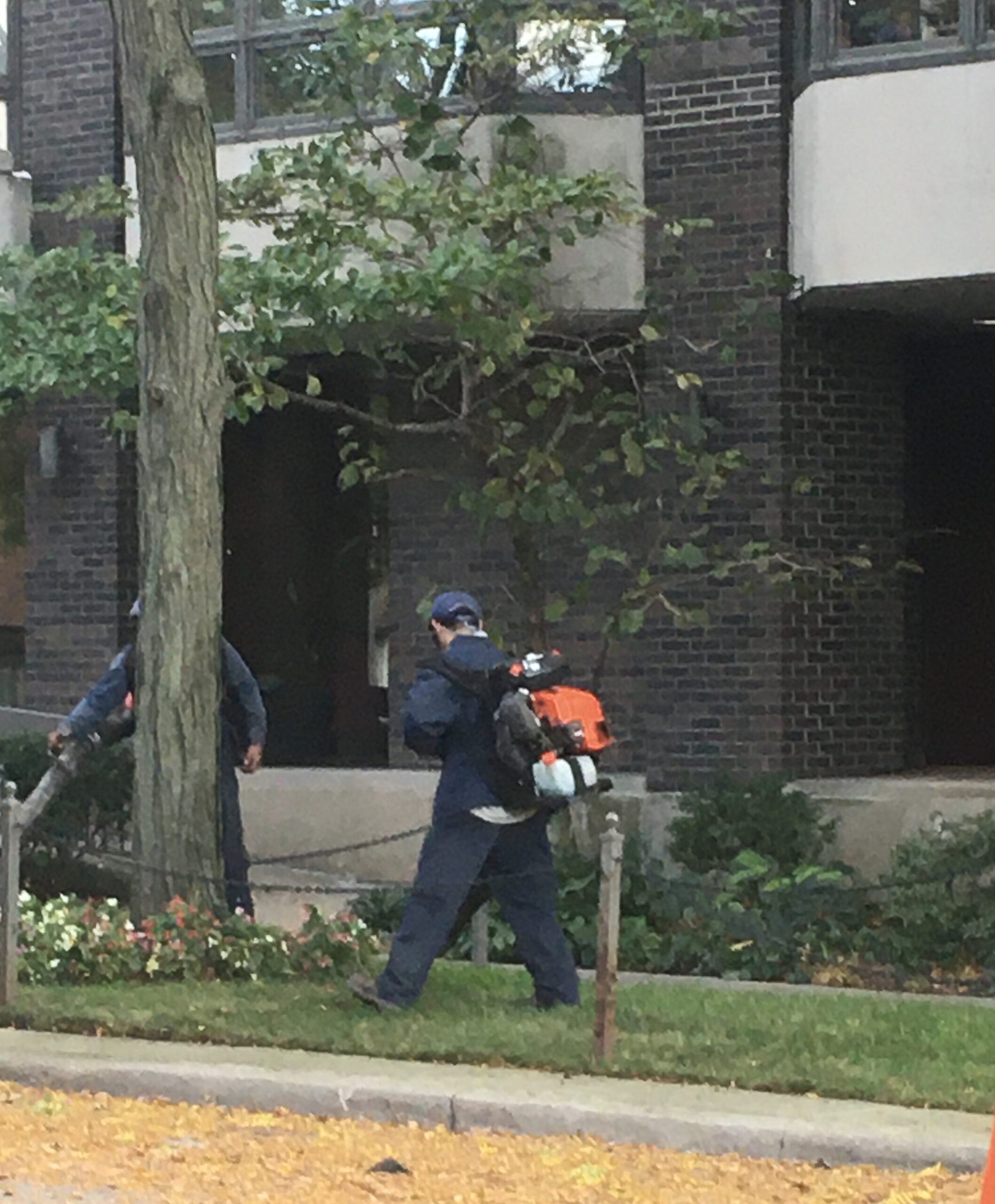By Bob Seidenberg
Evanston City Council members were split in their first real discussion of the votes needed to remove a City Manager, with some maintaining a change in the rule could hurt the City’s chances of attracting candidates for the now-open position.
At the Oct. 4 Rules Committee meeting, Council Members discussed a referral from Council Member Devon Reid, 8th Ward, calling for the number to be reduced from 7 to 6 of the 10-member Council – the nine ward representatives and the Mayor – in the case of removal of the City’s top executive.
He argued, “It’s just a matter of good public policy” to have the same number of votes required for removing as for hiring a City Manager.” The City Code requires only a majority vote to hire a City Manager.
The previous City Council adopted seven as the number for removal, but a City staff person was unable to pinpoint the exact date when the question came up last year.
In the Mayor-Council form of government, such as in place in Evanston, State statute recommends a majority vote be used for removing a city’s top appointed official.
A number of nearby communities, such as Skokie, Northbrook, and Arlington Heights, adhere to a majority vote for removal.
In the Rules Committee discussion, Council Members were split over a change at this time.
Timing an issue
Council Member Peter Braithwaite, 2nd Ward, a member of the previous City Council which backed the “seven” rule, was decidedly on the “no-change” side.
“We are in the middle of a City Manager search that has not gone public,” he said. “Our former City Manager [Erika Storlie] just resigned. And if anyone was to watch how long our meetings go, I think it’s going to be a very challenging search, just given all those factors.
He said he would ask his colleagues if they would apply for a position in a place where the number of votes required to remove a person was being decreased just before the search. He said he “would not under any circumstances touch this town” if the number of votes required for removal were lowered, and he expressed hope the proposal would “die” in committee.
Council Member Jonathan Nieuwsma, 4th Ward, who took office in May, spoke in support of keeping the number as it is.
“I think it’s worth something that the threshold used to be six out of 10,” he said. “But I also think that Council Member Braithwaite does make a point, that the threshold is currently seven out of 10. [Under the City Code, the Mayor may vote only certain specified items at City Council meetings but is a voting member of the Rules Committee.]
He said that, while a discussion such as this one might be “useful at another time,” it was important to focus on hiring a City Manager “and doing everything we can to make sure we’ve got the most highly qualified candidates – candidates who are interested in that seat, so we can pick the right person.”
Council Member Eleanor Revelle, 7th Ward, spoke in support. Also a member of the previous Council which backed the rule, she said she did some online research to see if there were any best practices on the issue.
She said the main thing she found “was one argument for having a supermajority was that it encourages more deliberation and compromise.”
Viewing decisions on the hiring and removal of a City Manager “as very serious votes, I would like us to maintain the super majority,” she said.
Biss: Majority rule ‘way to go’
Mayor Daniel Biss, meanwhile, spoke in support of a change in the rule, in line with comments he had made during his campaign for mayor and in response to Reid – and also taking in the political climate beyond Evanston.
“I think supermajority thresholds tend to be unwise,” he said. “I would like us to have a democracy and a liberal planet, and the supermajority requirement [here] and in the U.S. Senate is making both of those things impossible. And so, just as a general rule, I think majority rule is the way to go.”
Fifth Ward Council Member Bobby Burns, who also began his tenure in May, was undecided.
“I can tell you right now I’m kind of sleeping on this one,” he told his colleagues, “because I do think it’s awful timing.
“And for me it’s more, ‘Does it limit the pool [of City Manager candidates]?’” He said he firmly believed that a good candidate might be “on the fence” about changing jobs to become Evanston’s City Manager. He suggested the time might not be right to act in the issue.
Reid questioned when, then, it would be a good time to act on the issue.
“Is it when the City Manager is new and is only on the job for a couple of months, and all of a sudden, you’re changing the rule? … [Or] after they’ve been here for two years, and it seems like maybe we’re getting tired [of each other]?” he asked.
“There is never a good time, necessarily,” Reid argued. “I think, if anything, we’re in the most optimal time … as we’re in between folks.”
Council Members differed where to go next on the issue which, on the agenda for the meeting had been marked for discussion only.
Ninth Ward Council Member Cicely Fleming said she thought having the rules and procedures pertaining to the City Manager position “in place before the person gets here is actually a fair thing to do.”
She suggested that Reid might later poll his colleagues, including Council Members, Melissa Wynne, 3rd Ward, and Thomas Suffredin, 6th Ward, who were absent from the discussion. If he found sufficient support, she said, he could put the item on a future Rules Committee agenda.
“Maybe it’s not the next agenda if that one is full, but in a month,” she said.
Reid said he preferred that Council Members “formalize [and move] things through a pipeline,” to some kind of action.
Nieuwsma noted that bills frequently die in committee at the State and federal levels. “They were there on the vine, and nobody formally kills them but they do not proceed out of committee,” he said, turning to Biss, who served in the State legislature for eight years, for confirmation of that fact.
Biss verified, “It’s certainly common at the State and, I believe, federal levels for a bill to go to a committee,” and not have a vote.
Reid then adjourned the meeting with no date set for further discussion of the issue.



